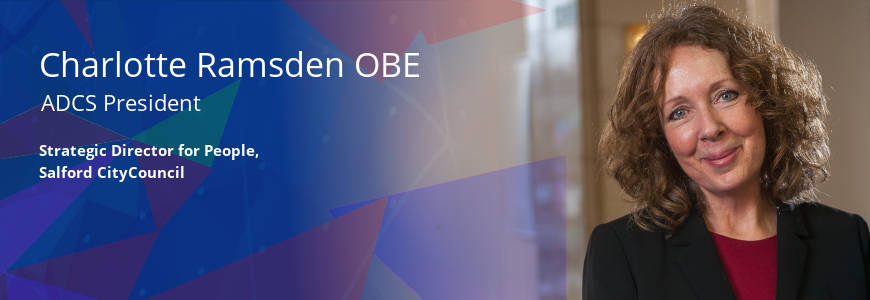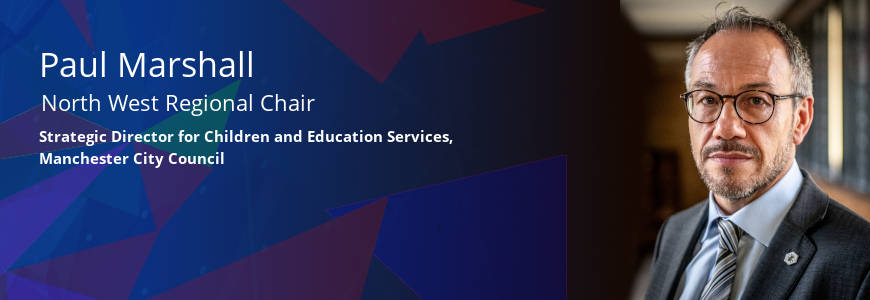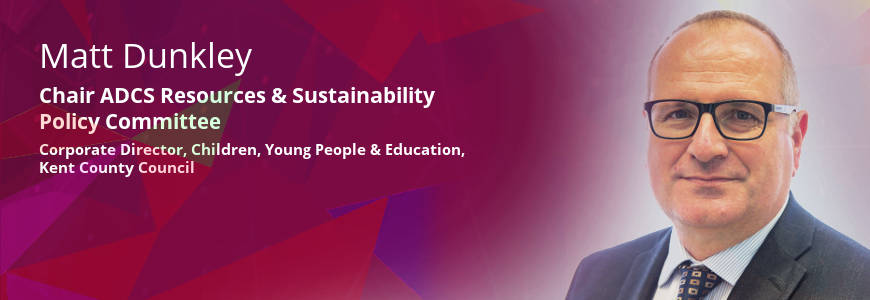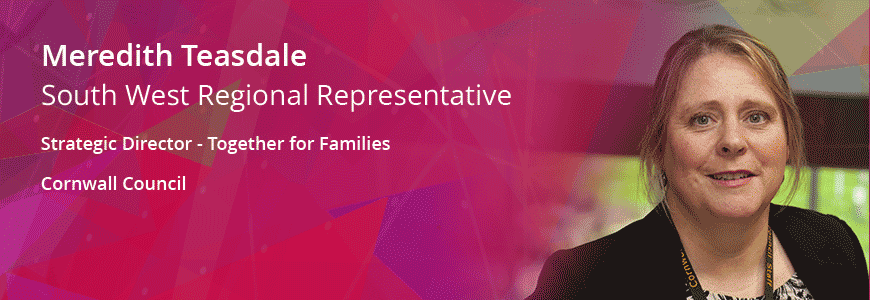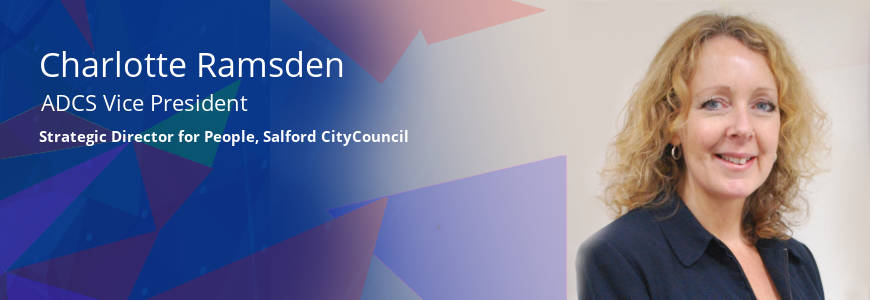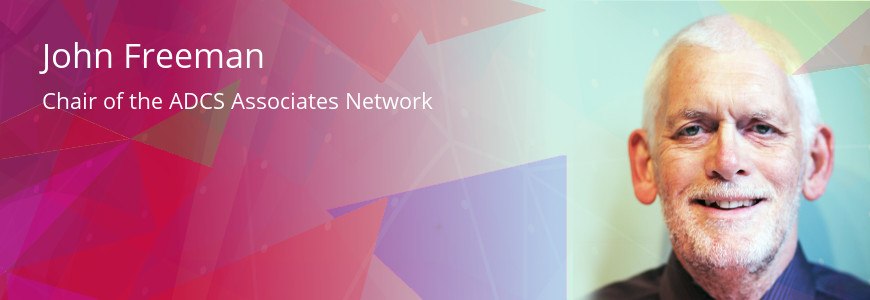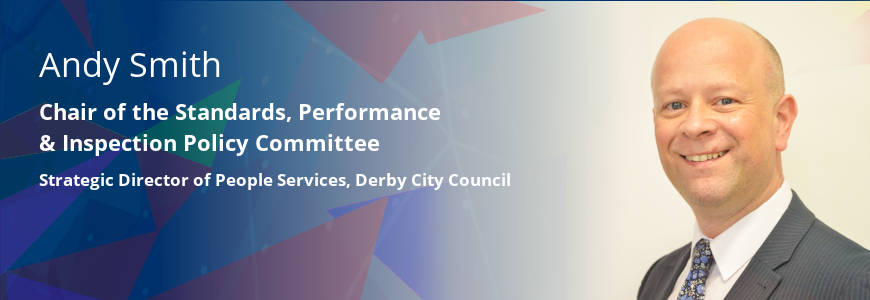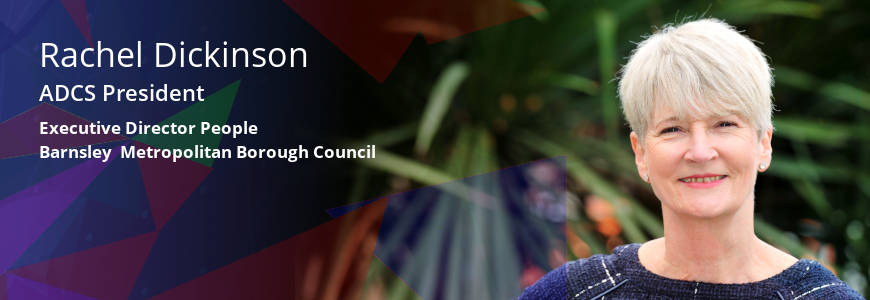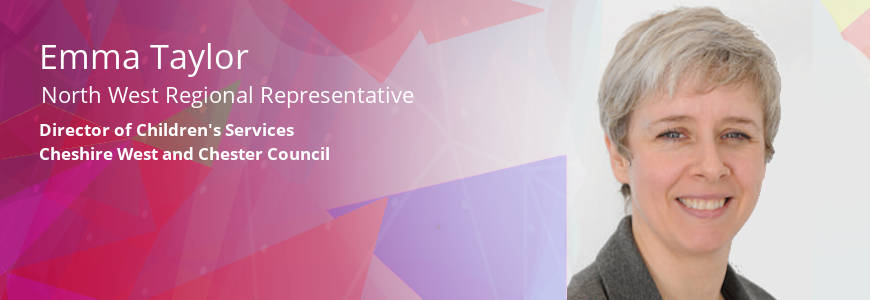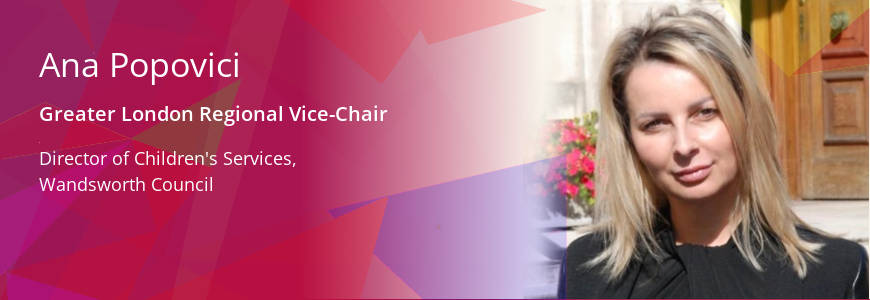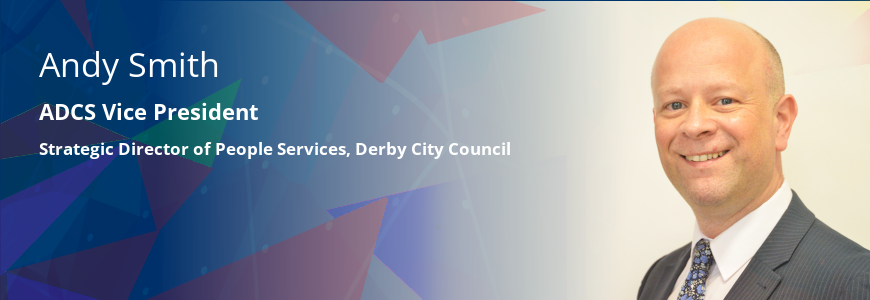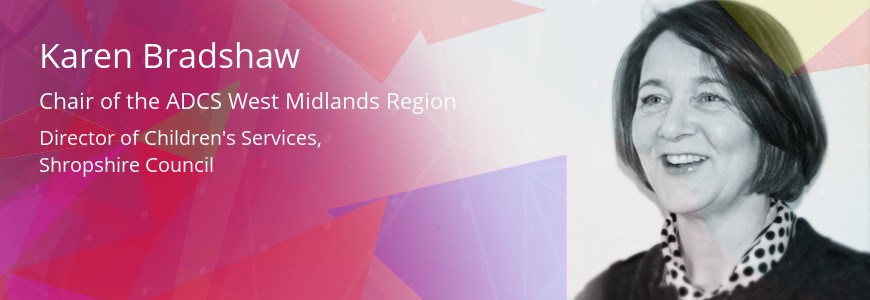Let's focus on inclusion
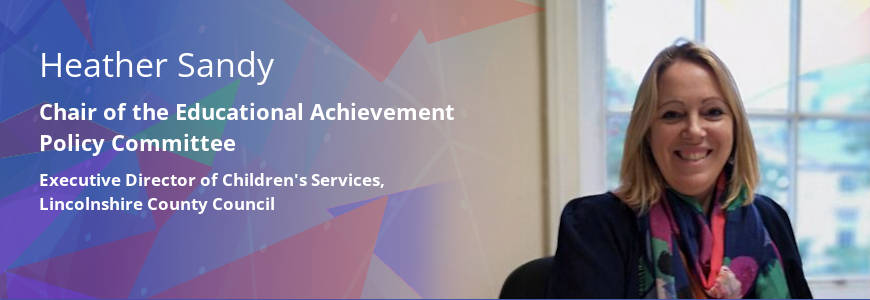
As Lincolnshire has been selected as one of the authorities to receive a joint Ofsted and CQC thematic review of Alternative Provision (AP), I thought I would use this blog as an opportunity to reflect on some of the challenges we are facing as a sector whilst delivering our duties in a changing education environment.
Local authorities (LAs) retain a central role in education, even in the midst of the government’s recent efforts to reform the school system. Despite over a decade of cuts to our budgets, we work with all types of schools and education settings to champion the needs of the most vulnerable children and young people and promote educational excellence for all. A key part of our responsibility lies in promoting inclusivity in education, supporting children to learn in mainstream settings as close to home as possible in their local community, and learning alongside their peers. These are significant duties.
Whilst it is important to remember these statutory duties, our role extends far beyond that. We are, of course, leaders of place responding when issues are identified for a child, often by schools who are the eyes and ears of the safeguarding system. This interconnectivity was particularly highlighted during the pandemic where we saw a reaffirmation of the strong partnerships that exist between local authorities and schools. I know from speaking to colleagues at the ADCS Educational Achievement Policy Committee across the country that, in many areas, relationships with local academy schools and trusts improved greatly during this time. ADCS has continued to highlight this to government and to drive home the central role of the LA in place. This is particularly important in the current climate of rising school exclusions and growing levels of child poverty. These children are still the responsibility of the LA but without stronger powers to make academies admit a child, they can be left out of the education system for a long time.
It is safe to say that the DfE’s vision for the future of the education system is far from certain and civil servants have had the challenge of multiple Prime Ministers and ministerial changes to contend with. The Schools White Paper, published almost exactly a year ago, set out a vision for a fairer school system. At the time, there was a lot to welcome with a much clearer role for the LA, although the ambition to have all schools in a strong trust, or in the process of joining one, by 2030 remains unrealistic. The paper also promised to consult on giving backstop powers for LAs to direct trusts to admit children, and, perhaps most significantly, there would be a new collaborative standard requiring trusts to work constructively with each other and crucially with their local authorities. The fact the Schools Bill was dropped was a real disappointment given the number of important aspects attached to it. For example, the register of children who are home educated is something ADCS has long been calling for.
The DfE has since recently published its SEND and AP improvement plan. The paper says many of the right things about inclusion and on strengthening accountabilities for LAs, schools and health partners. It’s focus on inclusivity is what is needed to rebalance the system towards a better mainstream offer for children with special educational needs. We need to take all schools along with us on this journey if we are going to support families earlier. However, we are seeing school exclusions going up as children are presenting more complex needs following the pandemic. The Timpson review of school exclusions, published in 2019, outlined some of the perverse incentives in the system which can lead to practices such as off-rolling, or gaming the system to improve a schools’ results. The review made 30 recommendations to government, yet the last time I checked, only six have been implemented and one of those relied on the Schools Bill successfully making its way through Parliament.
Let’s be clear, children are rarely excluded from school for their own best interests. An inclusive education system would not see approximately 50,000 learners educated exclusively or primarily in the alternative provision sector. Alternative provision is an intervention not a destination. Clearly, there is still a way to go. Without the right levers and an accountability system that incentivises schools to become more inclusive environments, little will change.
Related Blog Articles
I want to take this opportunity to wish everyone a wonderful Christmas and a...
In General
If this pandemic has done one thing, it has allowed us the opportunity to...
In General
In the week that “Freedom Day” was delayed for a month, almost as if it were...
In Safeguarding & Child Protection
The period since Christmas has been an interesting one for us in Cornwall. On 23...
In Inspection & Improvement
In these emotional roller coaster times there is a lot to make sense of but it...
In General
This blog was first due a couple of weeks ago, but the small matter of an ILACs...
In
As I write this blog, we are in the final days of the various general election...
In General
Dave Hill, ADCS Immediate Past President, talks persuasively about changing the...
In Education
I like to think the start of the new school year offers an opportunity to renew...
In General
It’s Wednesday lunchtime as I sit here and write this blog – it’s not just...
In Funding
Yesterday, I was extremely proud to deliver my inaugural speech as ADCS...
In General
Recently, I chaired the North West’s School Improvement Group and also led a...
In Education
It truly is a privilege to be a public servant, and together with colleagues and...
In Care
Next month, the Chancellor will deliver his Autumn Statement, outlining...
In Funding
After reading a previous ADCS blog written by one of my peers, I decided to...

